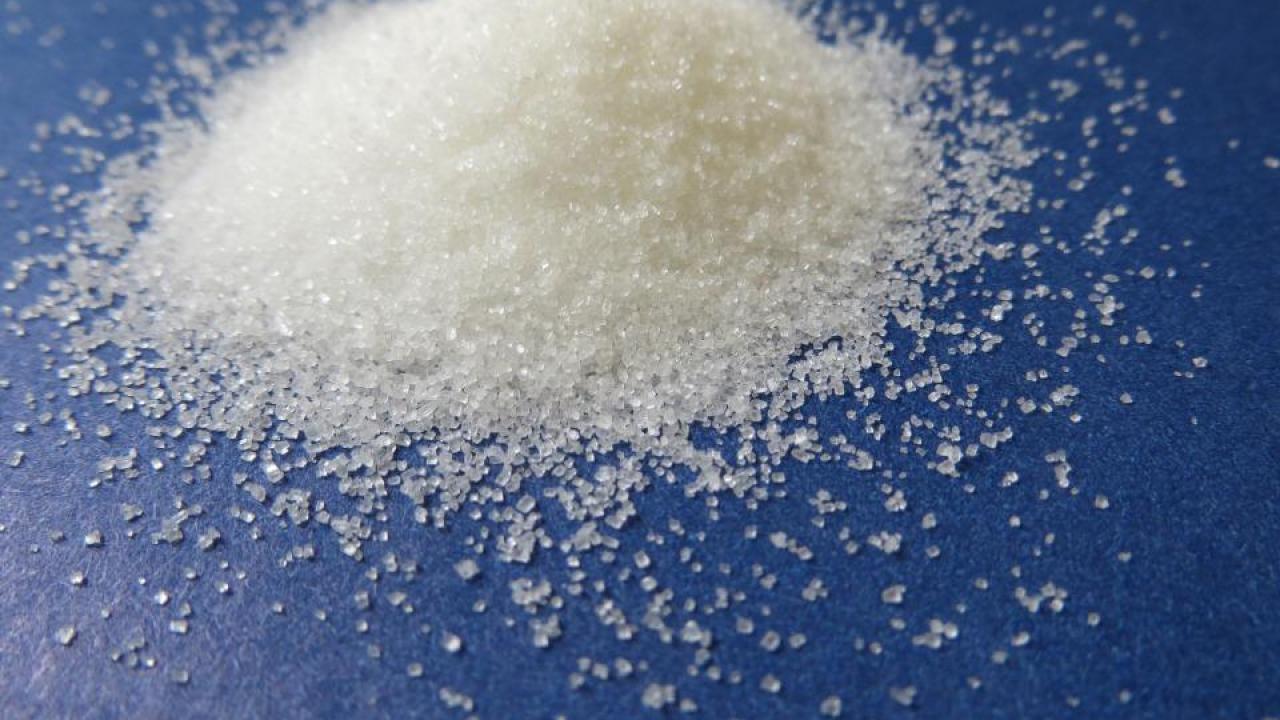
Excess sugar consumption leads to a host of diseases
UC researchers push back against food companies on high amounts of sugar consumption.
May 6, 2014
(from Pittsburgh Post-Gazette)
Robert Lustig, a pediatric endocrinologist at UC San Francisco, who creates popular YouTube videos about the link of sugar with chronic disease and early death, makes these points (you may or may not agree):
- Sugar is poison.
- Sugar is sugar and unhealthy in any form.
- A calorie is not just a calorie. There are good ones and bad ones, including sugar.
- Obesity is not a prerequisite for metabolic illness. Eighty percent of those with obesity do have metabolic disease or resulting chronic illness. But 40 percent of people of normal weight also have such diseases.
- And don’t blame those who are obese or chronically ill for their conditions. It’s not so much poor lifestyle behavior as it is biochemical exposures to sugar and other unhealthful ingredients that food manufacturers routinely put into food products, with consumers often being unaware.
Kimber Stanhope, a nutritional biologist at UC Davis, says, “There definitely are a number of studies that show within big populations a big relationship between sugar consumption and every metabolic disease we have — diabetes, cardiovascular disease, metabolic syndrome, fatty liver, hypertension and particular risk factors of [high cholesterol and triglycerides].
“These studies, along with evidence from diet-intervention studies in which we compare risk factors in human subjects consuming high- or low-sugar diets, suggest that consumption of high amounts of sugar promotes metabolic disease,” she said.
“I think the data we have are strong but not definitive,” Stanhope said. “People should be looking and listening and realizing that there are no risks associated with reducing sugar intake, but there may be risk in continuing to eat high amounts of sugar while waiting for more definitive scientific evidence. Parents should get their kids off sugar and they should get off sugar themselves.”
(Read the full article, by David Templeton, dtempleton@post-gazette.com, March 31, 2014, Pittsburgh Post-Gazette.)
Media contact:
- Kimber Stanhope, UC Davis, 530-752-3720, klstanhope@ucdavis.edu